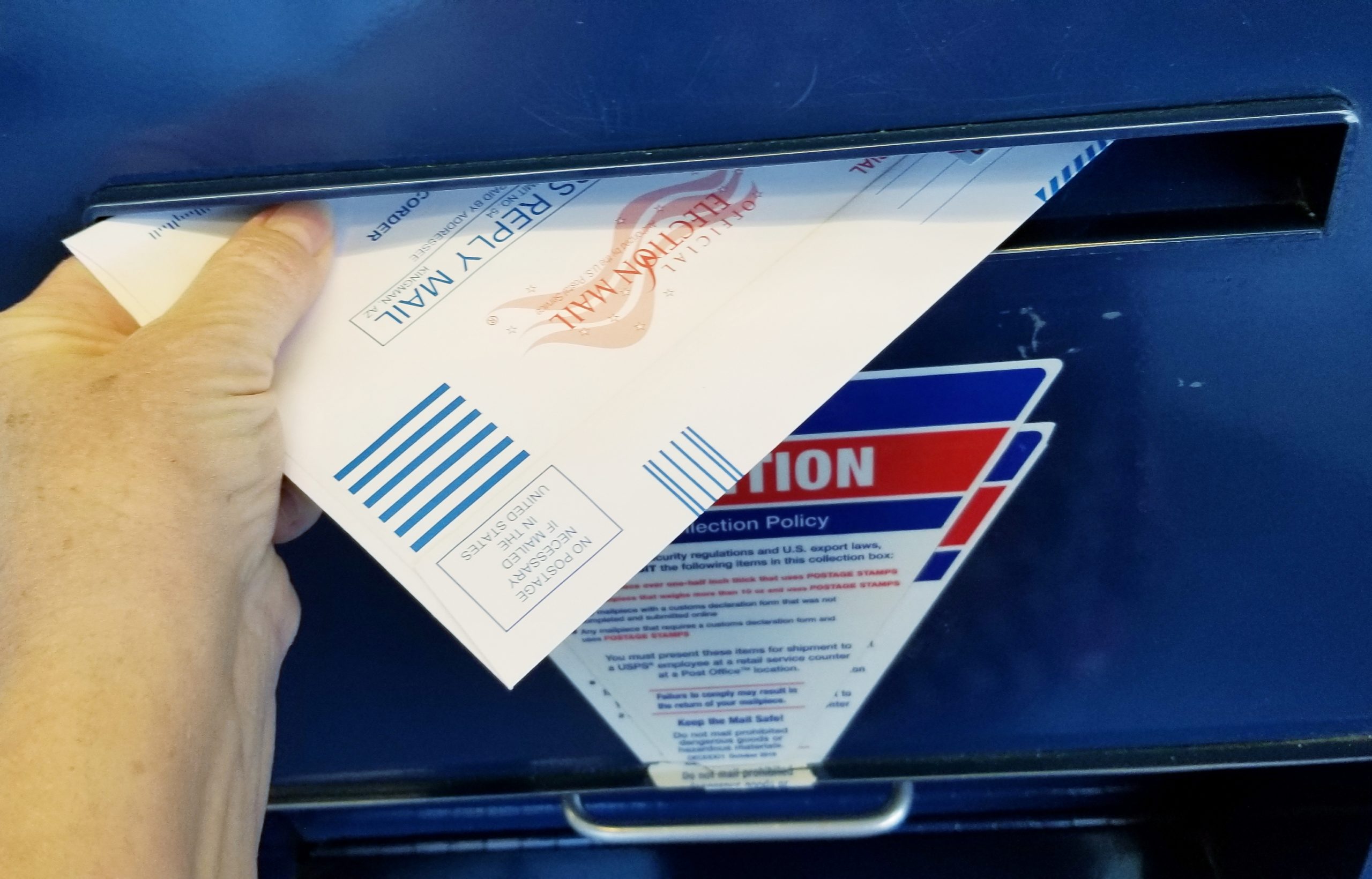The United States Can Become a Democracy After All! Let’s Start with A Simple Fix for the Electoral College

Why should Democrats in Alabama or Republicans in California bother voting for president if they know their votes don’t matter? Download a chapter of “Becoming a Democracy” to understand why voters in battleground states have more say in who goes to the White House than voters in “spectator” states — and what you can do about it.
With the Electoral College system, when it comes to choosing the president, not all US voters are equal. As former Wisconsin governor Scott Walker, a Republican, bluntly summed up the system in 2015: “The nation as a whole is not going to elect the next president. Twelve states are.” A narrow slice of voters holds outsized power and their states reap the benefits. Campaigns and politics skew to favor voters in battleground states. And turnout is depressed in “spectator” states where voters feel their choice won’t matter.
So what can we do? The Electoral College is enshrined in the US Constitution, right? Yes, and the US Constitution is notoriously hard to amend. Fortunately for voters, there’s no need. The Constitution leaves the decision of how to select electors and how to distribute their votes completely up to states. Most state legislatures have chosen to give all their Electoral College votes to the candidate who wins in their state, but they could instead choose to cast their Electoral College votes for the candidate who wins the national popular vote. And if enough states chose to cast their electoral votes for the popular winner, US voters would no longer see a mismatch between who wins the national popular vote and who wins the presidency. The Electoral College would always agree with the people: a national-winner-wins system rather than a state-by-state winner-take-all one.
Some states are already making moves to do just that. Sixteen jurisdictions have signed on to the National Popular Vote Interstate Compact, pledging to assign their Electoral College votes to the popular winner once enough other states have also signed on, so that together those states have enough electoral votes to guarantee the popular winner— states controlling at least 270 electoral votes. The Compact does not abolish the Electoral College—because again, the Constitution makes that very difficult—but instead uses it to execute the will of the people.
The National Popular Vote Interstate Compact is a binding agreement among states, but it isn’t in effect yet. Why? Because part of the agreement is that it won’t take effect until the Compact states’ count of electoral votes amounts to a majority — that is, enough to ensure that the candidate who wins the popular vote will win the electoral vote — so it takes effect only after states controlling at least 270 electoral votes have signed on.
How can you get your state to join in? And what other ways can we stand up for the freedom to vote and protect the will of We the People?
In “Becoming a Democracy,” Kristin Eberhard, Director of the Democracy Program at Sightline Institute, shows how the United States wasn’t built as a democracy—but shows that we have the tools to become a democracy at long last. Eberhard walks through 10 big but practical ideas for making our elections free, fair, and secure, including:
- How states can make voter registration far more easy and secure.
- Why it’s time to break the two-party system.
- How to make the Senate more responsive to voters.
- How to put people power ahead of the power of big dollars.
- And how to restore voting rights.
Want to read one chapter, “Honor the People’s Choice for President,” to understand how the National Popular Vote Interstate Compact could help fix our election system? Enter your email address below, and we’ll email you your free chapter. And to make sure our newsletter always reaches your inbox, please add editor@sightline.org to your contact list or address book to keep us out of your spam folder.


